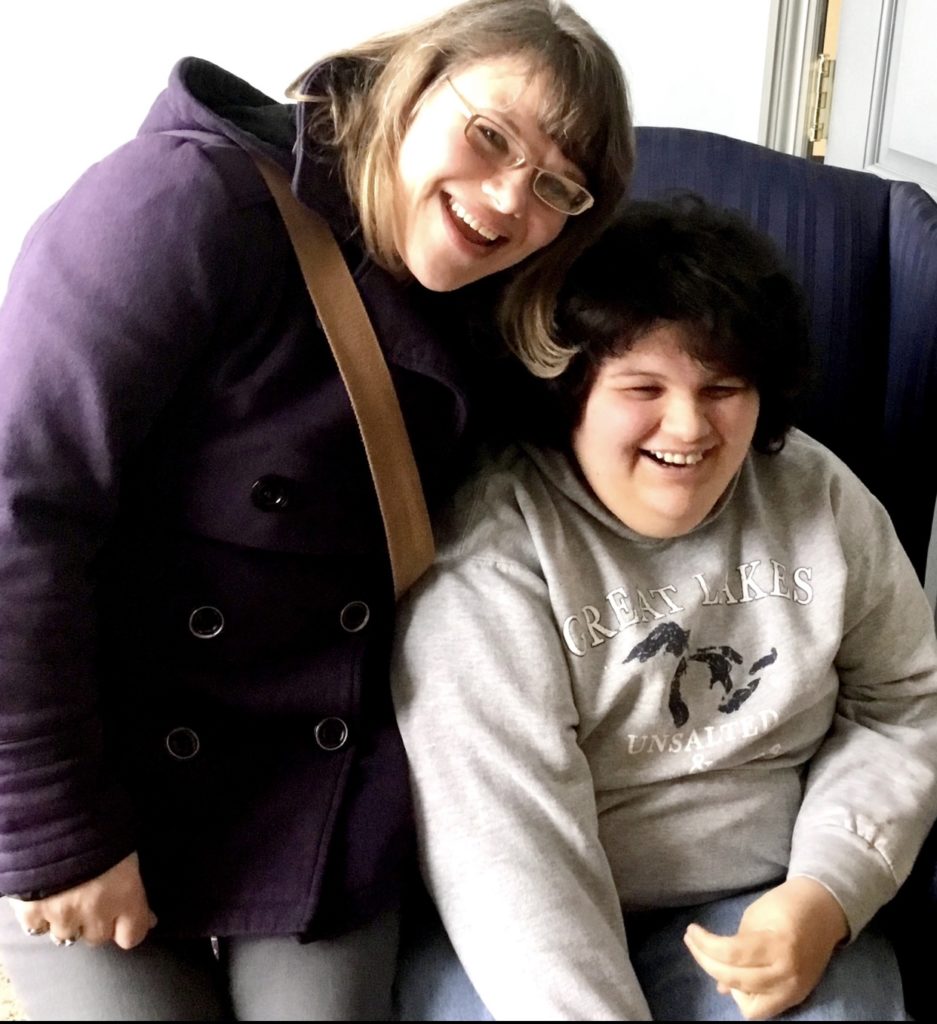The Top 5 Things You Need to Know About Respite Care
Share
Posted on December 7, 2020 by Respite Care Association of Wisconsin
Posted in About Respite Care, General
Posted in About Respite Care, General

Thanks for mentioning that respite care can help people rest, refresh, and recharge. My daughter has been a caregiver for almost a year, and she’s feeling really worn out by her clients. I think respite care would be great for her to take a break and find time to care for herself. https://www.comfortkeepers.ca/kelowna/care-services/respite-care-services/
I never took into account the fact that respite care services would cater to a wide range of patients such as children to the elderly. I guess these professionals are not just for the elderly as I initially thought. For us though, we need such services for our grandmother who already has lots of underlying issues as well as memory problem by now.